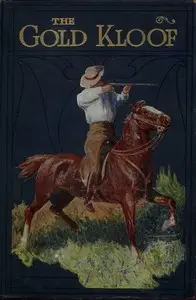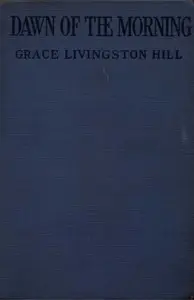"The Pilgrim, and the American of Today—(1892) by Charles Dudley Warner" is a reflective essay that examines the early American Pilgrims and the evolution of American society, written during the late 19th century. It delves into themes of governance, individual responsibility, and the moral implications of material success, asserting that the true measure of a nation lies not in its wealth but in the well-being of its citizens. The book traces the historical significance of the Pilgrims' journey and their foundational role in shaping the core values and governmental structures of the United States. In this contemplative work, Warner juxtaposes the hardships faced by the Pilgrims with the material prosperity of contemporary America. He emphasizes that while the nation has achieved impressive growth and development, it must not forsake its moral duties and responsibilities toward its citizens. The author critiques the dangers of concentrating power in the hands of political bosses and highlights the importance of individual agency in shaping government. Through a call to reflect on the deeper meaning of democracy, Warner urges readers to consider the nation's future, advocating for a societal structure that prioritizes equal opportunity, moral integrity, and the holistic well-being of all its people. (This is an automatically generated summary.)

The Pilgrim, and the American of Today—(1892)
By Charles Dudley Warner
"The Pilgrim, and the American of Today—(1892) by Charles Dudley Warner" is a reflective essay that examines the early American Pilgrims and the evolu...
Free Download
Overview
About the Author
Charles Dudley Warner was an American essayist, novelist, and friend of Mark Twain, with whom he co-authored the novel The Gilded Age: A Tale of Today.
Total Reviews
10.0k
Total reviews from Goodreads may change












